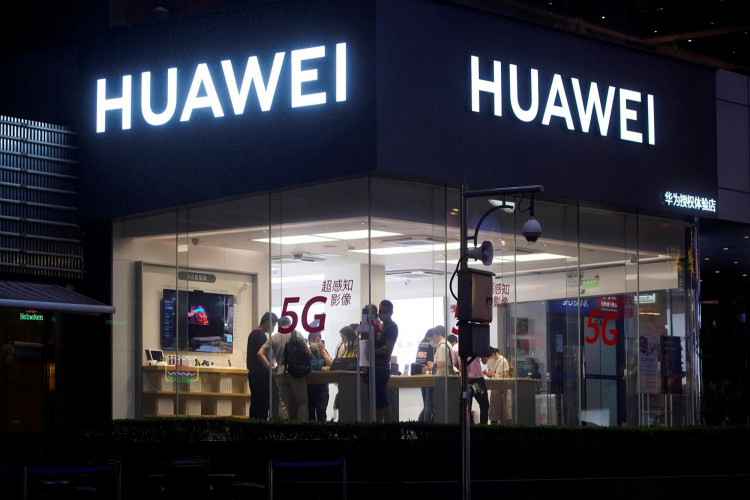Chinese tech giant Huawei is a risk to national security and has been involved in unacceptable activities like transmitting network information to the Chinese government, Eric Schmidt, former chief executive officer of Google, claimed.
In a documentary set to be broadcast on BBC radio, Schmidt disclosed that there is no doubt that "Huawei has engaged in some practices that are not acceptable in national security," Ryan Browne of CNBC reported.
Schmidt who is currently chairman of the Pentagon's Defence Innovation Board said that instead of disengaging, the West should respond to the situation by competing with China and the country's technologies.
The United Kingdom is currently evaluating whether to continue allowing Huawei to help develop its fifth-generation mobile infrastructure in the face of rising pressure to exclude the Chinese tech group.
For Huawei's part, the company has consistently junked allegations that it is a conduit of the Chinese government or divulges customer information to the authorities.
In a BBC interview, Huawei's UK chief Victor Zhang said the accusations made by Schmidt are "simply not true and as with similar allegations in the past, are not backed by evidence," Gordon Corera of BBC reported.
Schmidt likened Huawei to national spying agencies like the National Security Agency by claiming its operations are a form of signals intelligence.
Schmidt was the chief executive of Google from 2001 to 2010 but remained with the online search giant as an advisor until February 2020, when he took up positions in the US government.
Zhang dismissed Schmidt's claims as without basis. Huawei, according to Zhang, is a private company and "100 percent owned by its employees... and independent from any government, including the Chinese government," Isobel Asher Hamilton of Business Insider wrote.
Experts claim Huawei would have no choice but to submit to Beijing's request for network data collected by the tech company because of Chinese national security laws.
Despite the Google executive's claims, he said the Chinese are just as good, or maybe even better, in major areas of research and innovation as the West.
Schmidt urged Western nations to keep pace with the world's second biggest economy by allocating more money in research and ensuring stronger private and public sector cooperation.
Schmidt pointed out that the main issue with Huawei lies in the challenge to American leadership that it represents: a Chinese tech empire that is creating a better product than its Western rivals.





